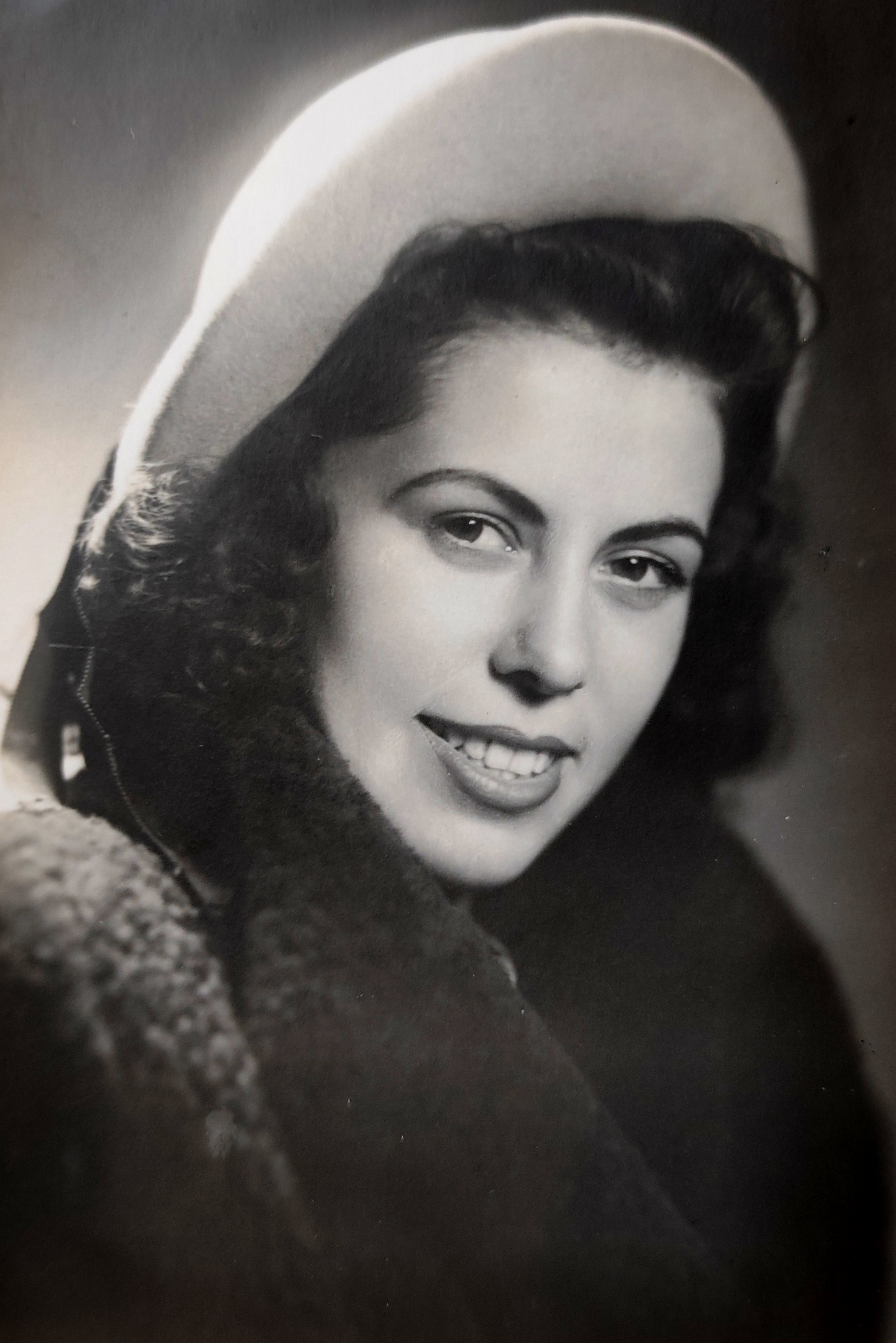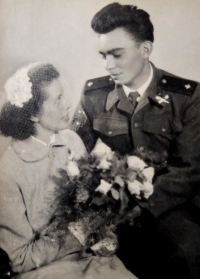After the war, everything was celebrated. People rejoiced even though everything was on tickets

Download image
Hana Stehlíková, née Bernardová, was born on 25 July 1928 in Semily into the family of Antonín and Anna Bernard. Her father Antonín Bernard fought in World War I in Russia as a legionary in the 4th Prokop the Great Regiment, after the war he worked as a railwayman at the railway station and the family moved frequently. She grew up in Podmoklice near Semily, in Košt’álov and finally in Rakousy, near Malá Skála. In 1934, she started attending the municipal school in Rakousy, and in her free time she used to climb the rocks of Český Ráj. In 1939, she entered the town school in Malá Skála and after graduating from the school she completed a one-year course in office work. In April 1945, she was the first to climb the Shadow Rock in the Hrubá Skála region with Jaroslav Janku. In May 1945, the family moved to Frýdlant in the border region, where her father took a job at the railway station in the village of Višňová (formerly Weigsdorf). In the 1950s, the Frýdlant court sent him to prison for two months for insulting Stalin and Gottwald. The witness worked in Višňová for the local administration, later in a mill or in the office of the disposal of craft supplies in Frýdlant. From 1950 until her retirement, she worked at the Frýdlant company Kovozávody (later part of the Elitex Frýdlant concern), where she met her husband Jiří Stehlík, who was involved in the development of the Dopleta double knitting machine. She and her husband raised a daughter Irena (1955) and a son Jiří (1959). In 2023 she lived with her husband in Frýdlant. We were able to record her story thanks to the support of the town of Frýdlant.








































